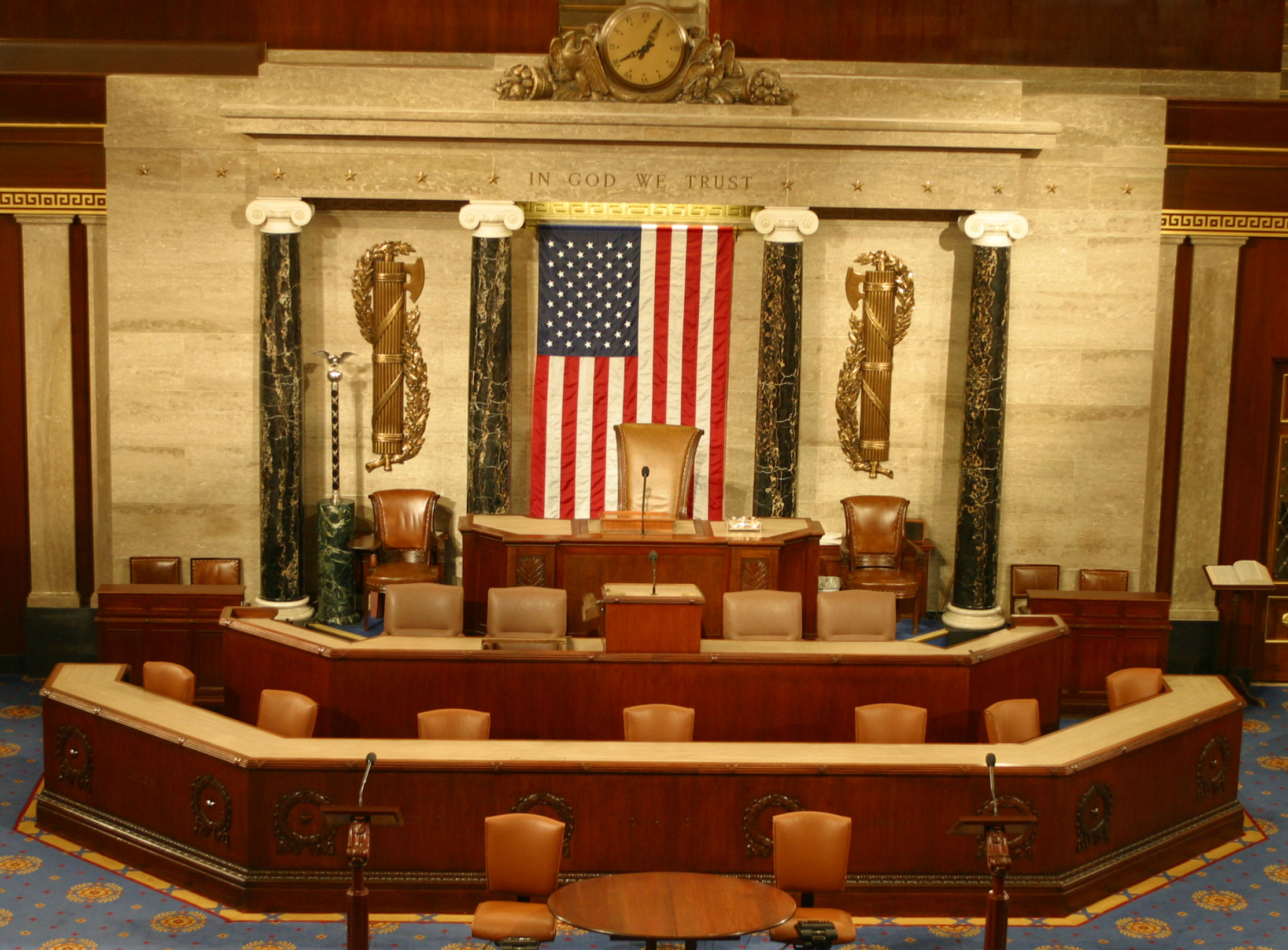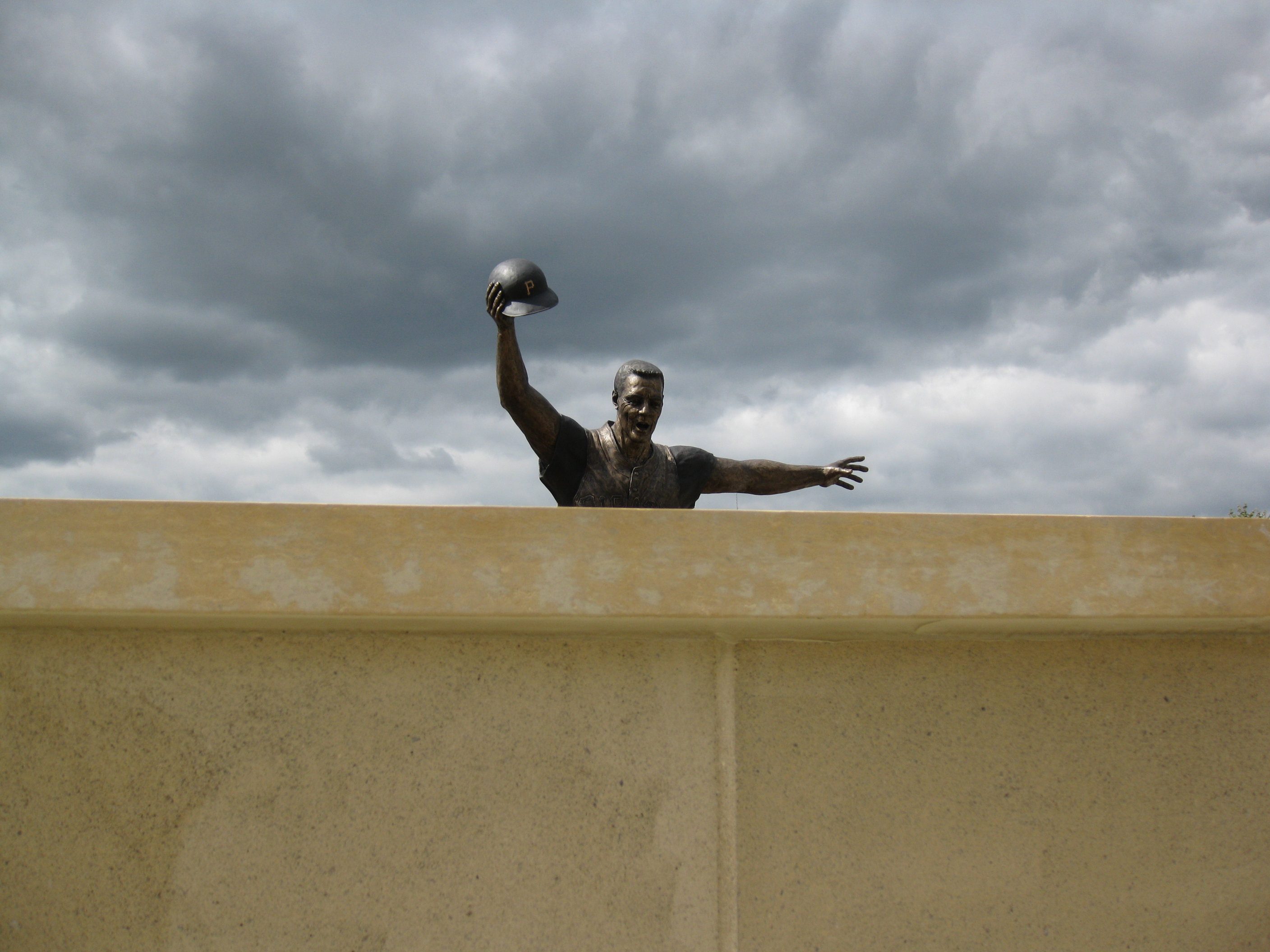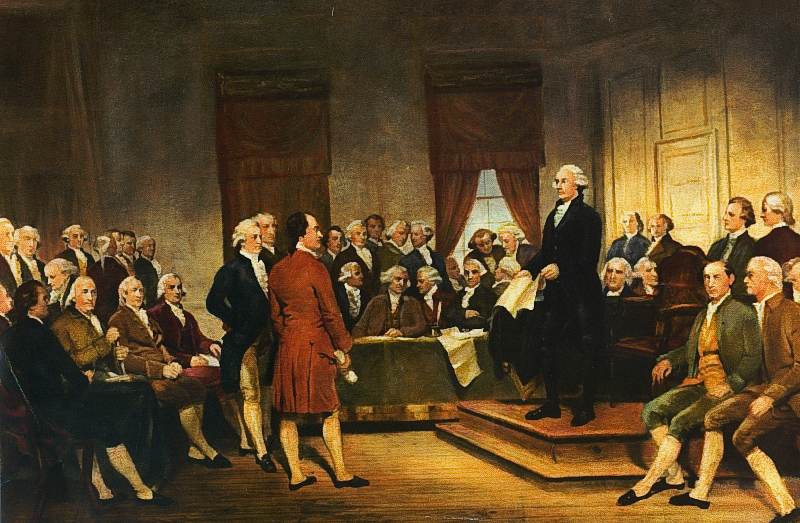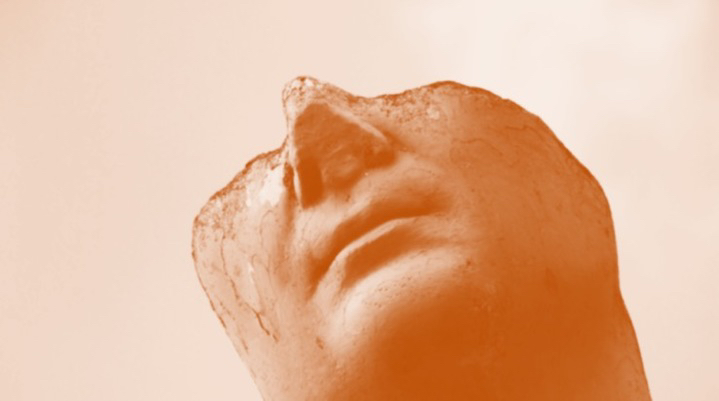Socialist Fantasies
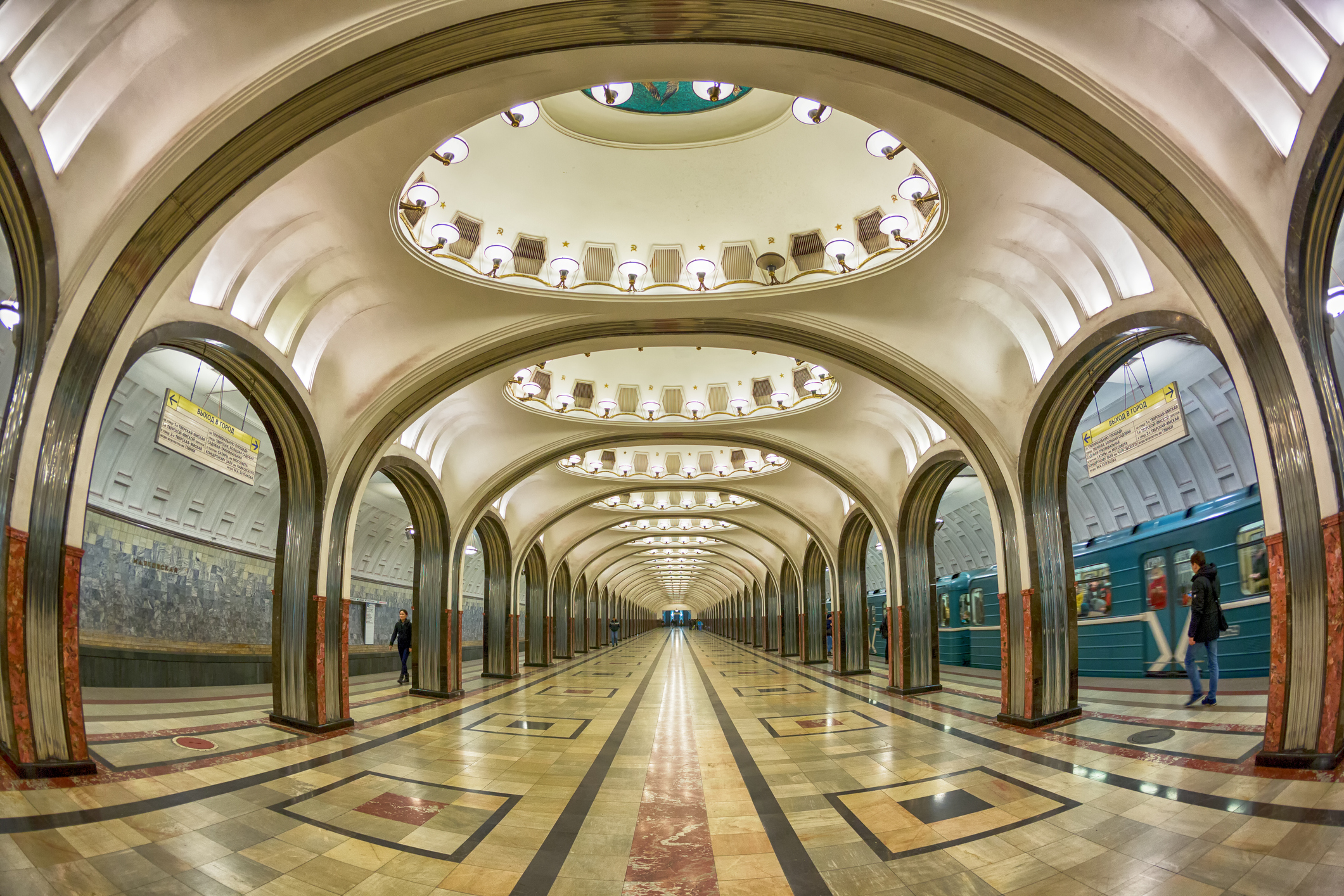
Tucker Carlson should have known better than to be seduced by Stalin’s majestic subway stations.
At the end of his two-hour interview, Vladimir Putin rubbed it into Tucker Carlson’s nose that the journalist was once rejected by the CIA. Fresh from that humiliation, Carlson made several fawning videos of Moscow, one of them of a noted honey trap for Western journalists, the Moscow Metro.
One of the ways to understand society is through infrastructure, the places where people gather, the places where they go to travel. If you have a lot of people in one place, it tells you a lot about the people.
Reassuring his audience that he is no fan of Joseph Stalin, the former Fox host showed footage of the Kievskaya Metro station built by the Soviet dictator. Carlson said he is interested in how the station was maintained decades later:
There is no graffiti, there is no filth, no foul smells. There are no bums or drug addicts or rapists or people waiting to push you onto the train tracks and kill you. No, it’s perfectly clean and orderly. And how do you explain that?
I suspect that’s not the reason Carlson zoomed in on the central Moscow Metro in all of its socialist baroque splendor—the mosaic portrait of Grandpa Lenin, mosaics of joyous laborers under the red banner, and brass reliefs adorning proclamations of the undying friendship of the Russian and the Ukrainian peoples. He chose Kievskaya because it looks like a subterranean palace.
Carlson, who studied Russian history in college, should know better. Certainly, the Moscow Metro is spectacular. So are St. Petersburg’s and Kiev’s—or at least the centrally located stations are. But a few kilometers out of the historic downtowns of ex-Soviet capitals sprawl near-identical high rises connected by crumbling asphalt intersections. Go further out and see homes without running water, dirt roads, and garbage piling on the outskirts of small towns. Russia’s roads are notoriously awful—at best poorly maintained, often never properly built in the first place.
It gets seedier, too. Criminals, addicts, and crazies who somehow avoided forced institutionalization roam on the outskirts. One of the iconic novellas of the Late Soviet era, Venedikt Yerofeyev’s Moscow-Petushki, is a story of a bum traveling on a local train from Moscow to one of its godforsaken suburbs. Open roads universally attract unsavory types, and the vices of the allegedly chaste socialist society are the subject of Moscow-Petushki, tragic and hilarious at once. That was a pointedly short train ride, but Russia’s rails are long and monotonous, so passengers bond over hard spirits. Don’t tell Tucker.
At about the same time Yerofeyev wrote his samizdat hit, the exiled Russian poet Joseph Brodsky celebrated a “modest” American town where life is orderly and abundant. “If not for so many children born here/the pastor would be baptizing the autos,” he mused. Brodsky, who lived and taught poetry in New York City, was fascinated by middle class prosperity and the individual autonomy of American small towns. The life he so wistfully described was enabled by standalone homes and personal cars.
I worry more about the future of the Jeffersonian yeomen nation than subway décor and upkeep. When I travel through red states, I see roads that are still well kept. The scenic routes are spectacular—no thanks to Joseph Stalin or any other dictator.
What we are in danger of losing is the liberty that comes with First World infrastructure. It’s not just that the roads where I live in the Bay Area are full of potholes. When we repair them, we direct our wealth not to stately terminals but useless projects like bicycle lanes around big box stores—or environmental impact studies and other red tape. Since closing for COVID, local municipalities entangled our roads into a mesh of “slow streets” off limits to motorists—a move designed to complicate and eventually eliminate private transportation.
Subways make sense in densely populated cities where lots of residents need to be moved at once. Carlson wouldn’t be able to film Kievskaya’s socialist realist opulence in rush hour when passengers are packed into the station like sardines. Most of them are traveling to and from their cramped apartments in dystopian apartment blocks.
That said, Tucker is right about the horrible conditions of public transportation in deep blue American cities. Not only subways, but entire downtown neighborhoods have become a warren of untreated mental illnesses and raging drug addiction. In a typical episode, a man sleeping with his pants off at the Main Branch of the San Francisco Public Library awoke and got violent with a security guard. He was later detained by the cops.
Lots of motifs go into this urban life vignette. Drug addiction, criminality, and deterioration of the quality of life are all there. So is the fact that, under cover of the First Amendment, American librarians refused to block adult websites from public libraries, turning their premises into porn hubs. Libraries no longer serve as repositories of knowledge or places where families can comfortably spend time.
The fundamental difference between Russia and the U.S. is not that Russia is safe and wealthy and the U.S. is poor and crime-ridden, but that we put junkies downtown when Russians push them into the suburbs. In the last 15 years, cities like San Francisco did their best with a combination of open borders, decarceration, and harm reduction, in addition to already existing handouts, to make addiction an easy life path for many unfortunate Americans. For many decades, San Francisco concentrated homeless services in the Tenderloin neighborhood in the city center, so once the addiction epidemic sprang out of control, it crowded out everything else a city is for—there are drug addicts congregating on the streets, in the library, around theaters and museums.
Russians are ashamed of addicts and crazies and take pride in beautiful public spaces they can show off to their guests. No way would they let their bums put up tents in front of the Bolshoi or nod out in Red Square. Television host Jon Stewart made the argument that filth and decay is part of American freedom, but this is absurd and outrageous. America was never about preserving the unlimited license of the antisocial to indulge their worst impulses.
The subterranean display of grandeur that so impressed Tucker Carlson is possible because Russia is a highly centralized state where the capital soaks up the wealth and the provinces linger in poverty. So, yes, transportation does say a lot about the society, and Russia is a far cry from our Jeffersonian ideal. We have the wealth to lift up both cities and suburbs, but we lack the will even to get real about the root causes of homelessness.
And if the lesson we are to learn is about pride and shame, Carlson should take more dignity in being an American. Russians have little respect for people who belittle them before other nations—and maybe they are onto something.
The American Mind presents a range of perspectives. Views are writers’ own and do not necessarily represent those of The Claremont Institute.
The American Mind is a publication of the Claremont Institute, a non-profit 501(c)(3) organization, dedicated to restoring the principles of the American Founding to their rightful, preeminent authority in our national life. Interested in supporting our work? Gifts to the Claremont Institute are tax-deductible.
Root, root, root for the electors. If they don't win it's a shame.
Part I: Unfettered reason cannot conserve anything.


